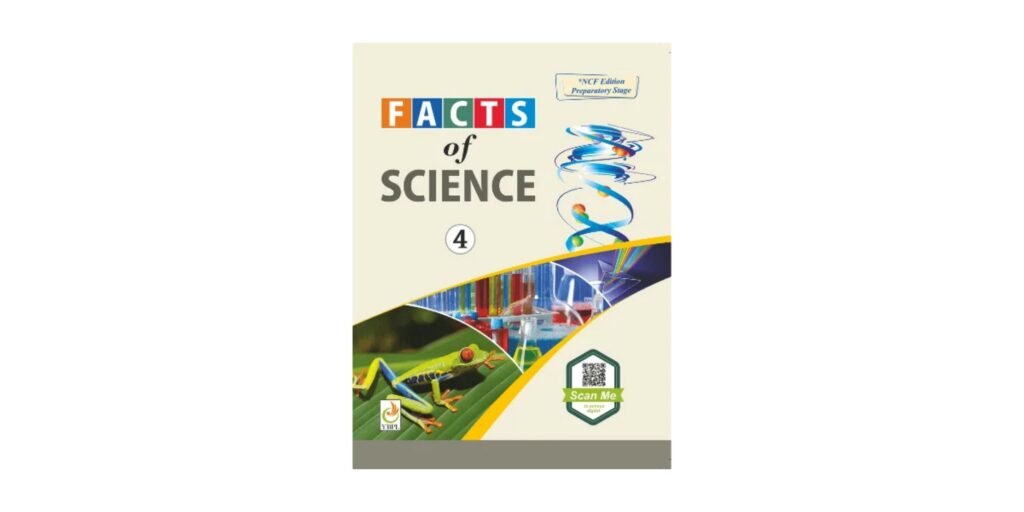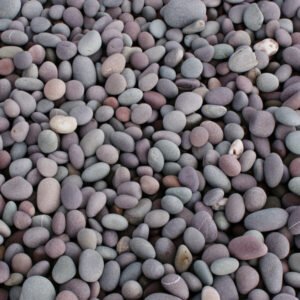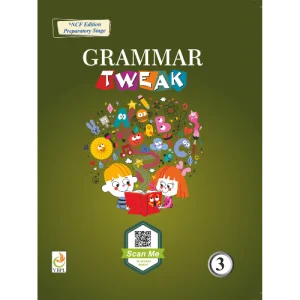Interesting Facts of Science Class 4 for Young Learners

Facts of Science Class 4
Science is not merely a school subject, but that is a key passage to knowing the world. Whether it is plants in the garden or stars in the night sky, everything in our surroundings has a story to narrate. The Facts of Science Class 4 is aimed at acquainting students with these stories in such a manner that is exciting and easy. Yellow Bird Publications is concerned with ensuring that science is available to all young learners.
During this phase of education, the science classes turn out to be a combination of watching, explaining, and communicating. The Facts of Science Class 4 encompasses various contents, which include the fundamentals of living and non-living objects as well as the mechanisms that make our universe live. Relating the students to the real-life examples, the students start not looking at science as something abstract, but something that surrounds them.
Understanding the Basics of Science in Class 4
This solid basis in science will start by analyzing the natural processes that we encounter every day in life. The Facts of Science Class 4 also predict the states of matter, the behaviors of solids, liquids, and gases, and the importance of the sun as the ultimate source of energy on the Earth as we know it. These tenets are explained using exemplars that are easy to learn.
Besides the physical science, the curriculum also exposes the students to biology and environmental science. The Facts of Science Class 4 tells the readers how food is prepared by plants using the process of photosynthesis, how animals and plants need each other, and how everything is attached to bigger systems. This assists the children in having a respectful view of the balance of nature.
Making Science Fun and Interactive
Science is more fun when it is conducted in the form of activities instead of reading. The Facts of Science Class 4 are usually taught by use of experiments, demonstrations, and field trips by the teachers. This type of learning evidence makes one inquisitive and eager to learn things outside the classroom.
The Facts of Science Class 4 are more memorable in the form of simple experiments, like growing beans in cotton wool or seeing ice melt. Such activities enable children to relate theoretical studies to practice, and they are thereby more meaningful and more sustainable.
How Yellow Bird Publications Supports Young Learners
Learning materials are essential in the assimilation of knowledge by a student. The Yellow Bird publications shape materials that correspond to the Facts of Science Class 4 syllabus using colorful illustrations, captivating explanations, and experiments to ensure that learning science is enjoyable.
Their books present the Facts of Science Class 4 in a logical sequence, starting with simple concepts and gradually moving to more detailed explanations. This approach ensures that students fully understand one concept before moving on to the next, creating a strong learning progression.
Building a Strong Scientific Foundation
The entering into the world of science must be slow and progressive. When students learn the Facts of Science Class 4, they will have gathered knowledge that will assist them in higher classes. Energy, weather, and materials lessons we will explore later will grow into more advanced physics, chemistry, and biology concepts.
Parents and teachers can enhance the Facts of Science Class 4 by encouraging children to observe nature, conduct small home experiments, and read science-themed books. This reinforces classroom learning and nurtures a love for the subject that lasts a lifetime.
Final Thoughts
Facts of Science Class 4 will introduce a learner to a lifetime of learning as it integrates observation, theory, and practice. Students, with the help of materials produced by Yellow Bird Publications do not only comprehend scientific material but also learn how to use it. Science turns out to be a matter that they learn to enjoy, to explore, and to appreciate, making them grow into inquisitive and knowledge-seeking youngsters who are eager to explore the world.



